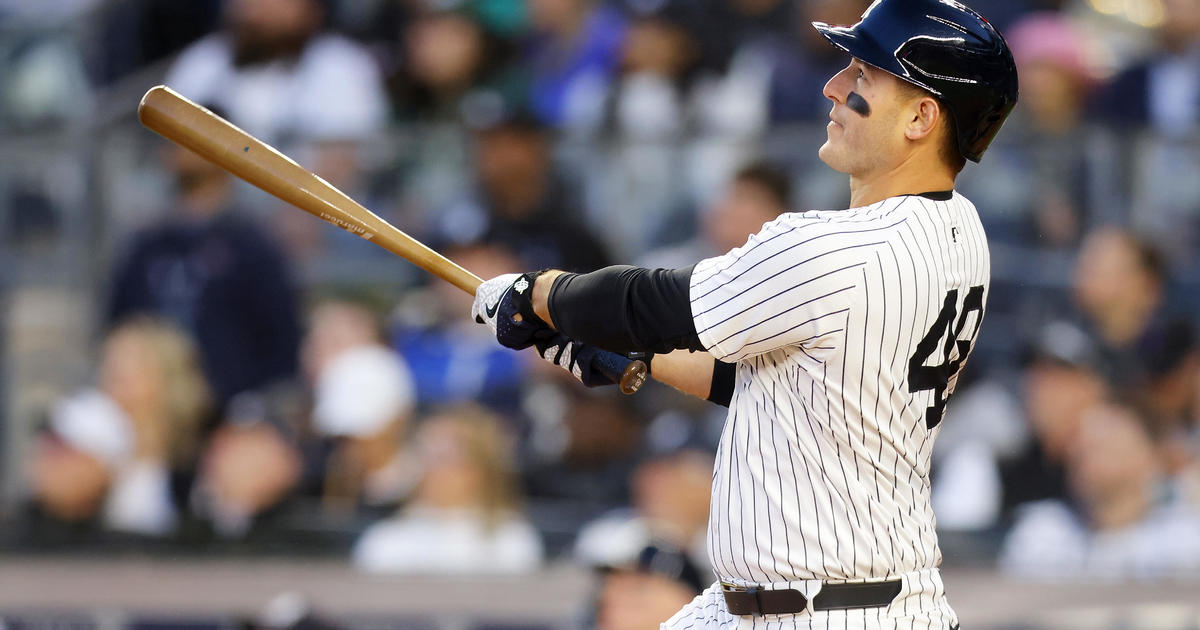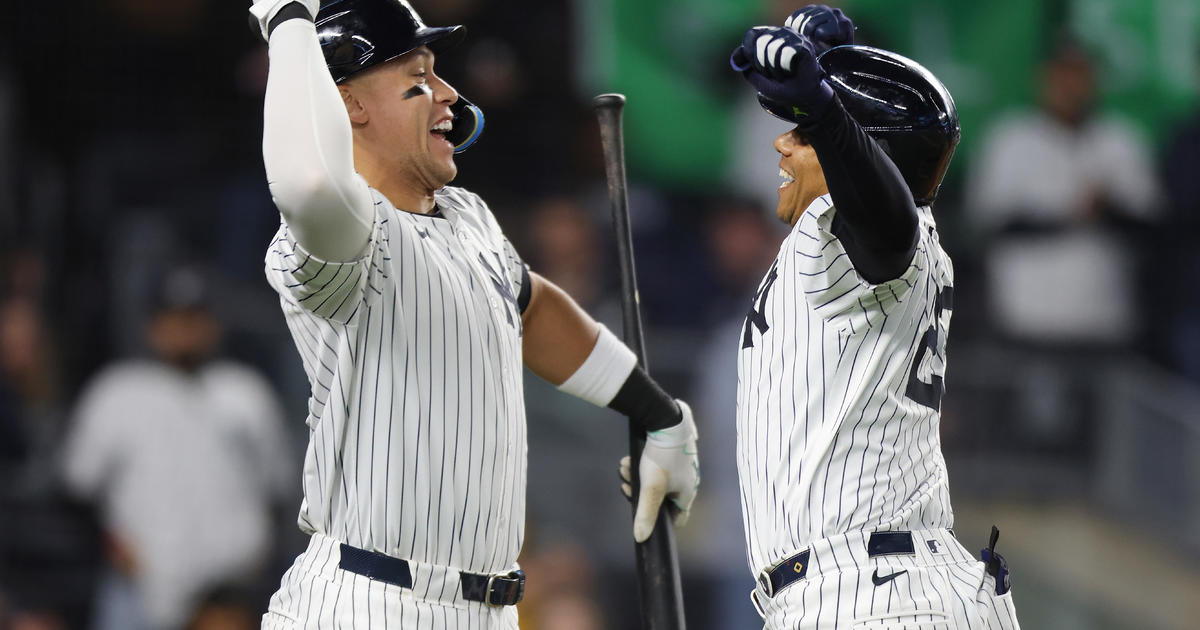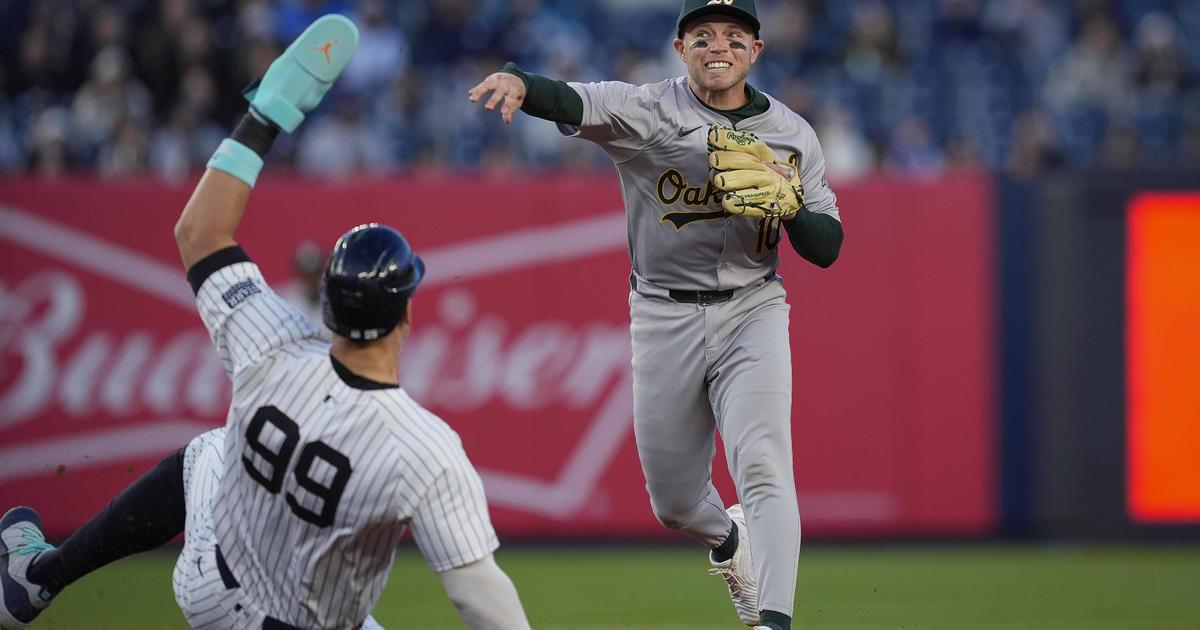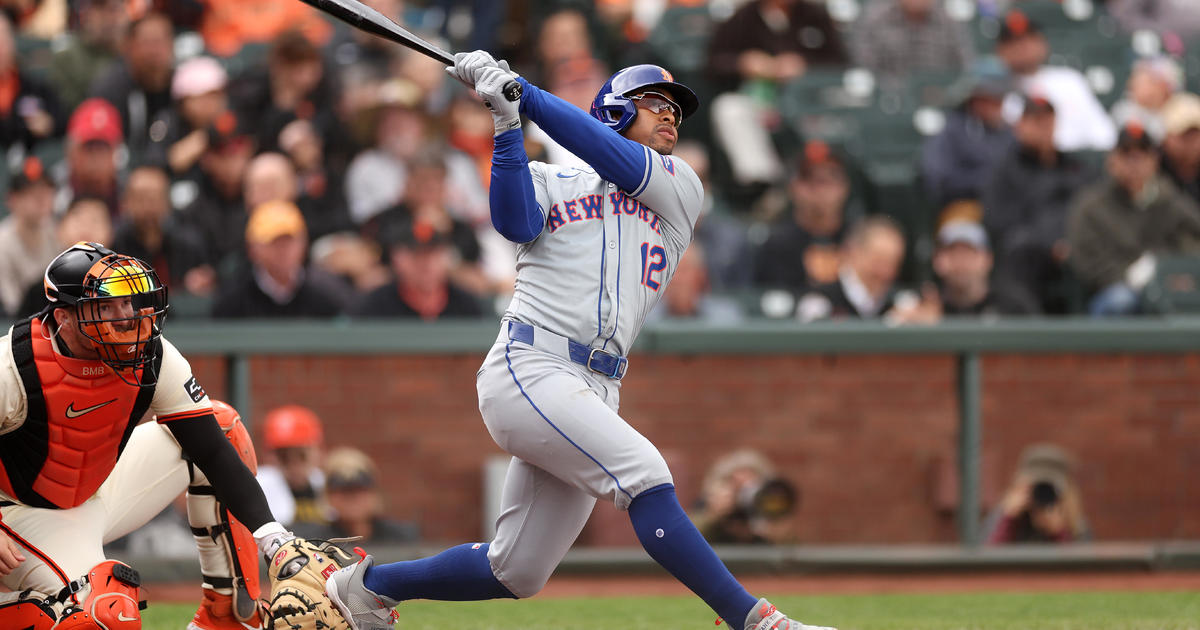Chatelain: Knocking Smokeless Tobacco Out Of The Park Is Long Overdue
By Ryan Chatelain
» More Columns
It's been 20 years since former Dodgers outfielder Brett Butler, who chewed tobacco for years, revealed he had throat cancer.
Since that time, Tony Gwynn has died of cancer he believed was caused by using chewing tobacco, and Curt Schilling has been diagnosed with mouth cancer he blames, too, on the nasty habit.
Yet here we are in 2016, and Major League Baseball players are still shoving wads of tobacco under their lips and hocking dark-colored loogies all over the field.
The players' union has been the roadblock in ridding the big leagues of the substance, and it's no wonder why: Many players are hooked on the stuff.
So enter the lawmakers.
Following in the footsteps of San Francisco, Los Angeles, Chicago and Boston, the New York City Council is moving toward banning the use of smokeless tobacco at sporting events by both athletes and fans. (The proposal sailed through the council's Health Committee on Monday.) Since the practice is mostly associated with baseball, that means the crosshairs are squarely being aimed at Yankee Stadium and Citi Field.
It's long overdue, and it's inevitable that smokeless tobacco will someday become a footnote in baseball's history. There are already movements afoot. It's been banned in minor league parks for more than 20 years. And the major leagues have instituted some halfhearted measures to at least hide it better -- tobacco tins can't be worn in uniforms and players can't conduct TV interviews while chewing.
But clearly some major league players aren't going to hand over their dip without a fight.
There have been two prominent arguments the stubborn opponents cling to. Both are as flimsy as a pancake.
1. As one anonymous Met told the New York Post last week, "It's part of baseball." That statement can just as easily be applied to justify why the substance should be banned from the game. Claiming it is woven into the fabric of the sport suggests the new generations of big leaguers pick it up from the older veterans, creating a vicious cycle that must be broken.
2. Major League Baseball is played by grown men who should be able to make their own decisions. True -- and no one is telling them they must give up their vice entirely. But there are millions of other adults who smoke or chew tobacco and somehow manage not to do it inside the office -- and their offices aren't being watched by thousands of children who idolize them. Besides, would we be OK with a baseball star smoking a cigarette while manning left field? So why should the delivery method of the tobacco into the bloodstream matter?
Yes, tobacco, unfortunately, has been a part of baseball, just as rampant illegal drug use is part of rock 'n' roll. But hey, even Keith Richards and Ozzy Osbourne found a way to go on their binges off stage.
Yes, tobacco has been a part of baseball. But drawing a walk once required nine balls, all games used to be played during daylight hours, and pitchers used to bat in the American League.
Things change, and baseball is still standing.
With all the supporting data and big-name cautionary tales available to us, it's silly we're still debating this. The idea that baseball players are chewing snuff on the field during games already seems about as outdated as not wearing a seat belt or smoking on an airplane. But in a sport rooted in tradition and brimming with purists, it's not overly surprising it is still stuck in the dark ages when it comes to tobacco use.
Maybe health-conscious New York, the city that banned trans fats and led the charge in placing calorie counts on menus across the country, can be the one that truly turns the tide.
Some call New York a "nanny state," and you can certainly argue that banning smokeless tobacco for fans is an overreach. Unlike smoking, it doesn't impact others sitting nearby, and much of the concerns over it being unhealthy are drowned out by all the booze that flows freely on game days.
But when it comes to this matter on the field, the City Council is 100 percent justified for taking action. A carcinogenic habit has no place on a bright stage in front of tens of thousands of adoring fans.
And that's what the players fighting a ban are overlooking: This isn't so much about them as it is about children who undoubtedly have said things like "I want to be the next Curt Shilling" or "I want to be the next Tony Gwynn."
It's hard to solely blame the athletes, however, for they are slaves to their addiction.
And that's kind of the whole point.
Follow Ryan on Twitter at @ryanchatelain



